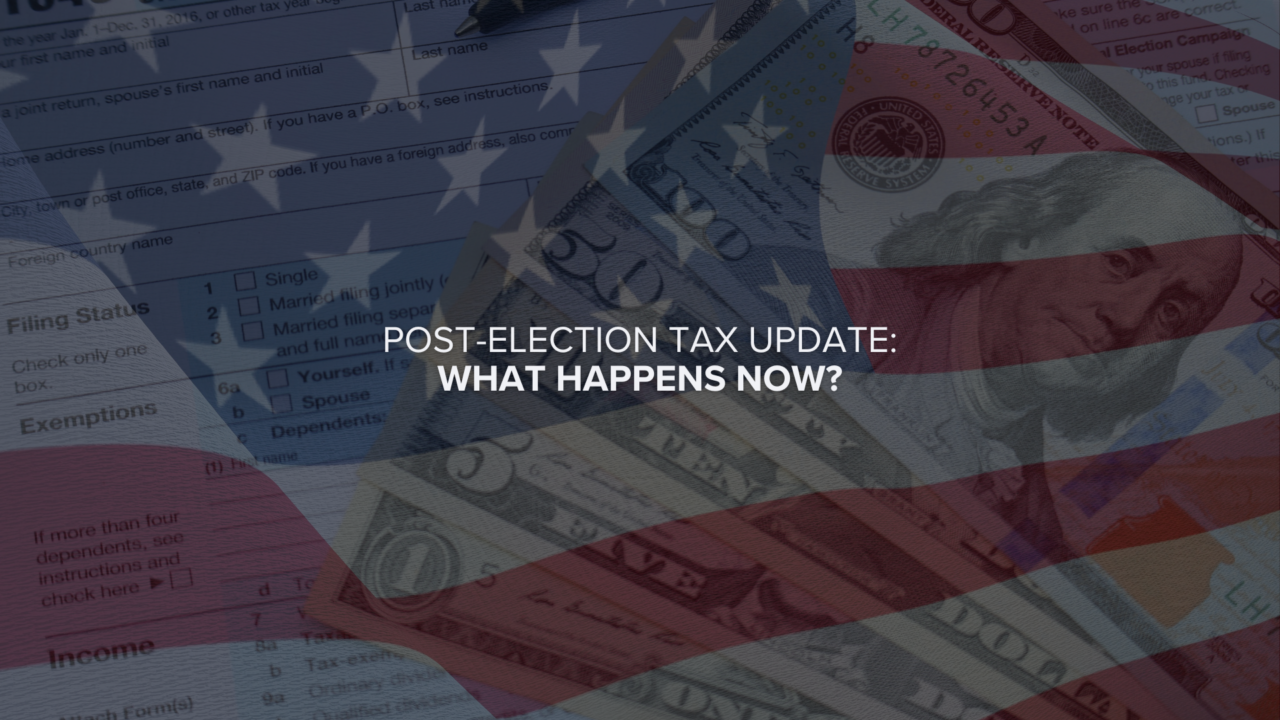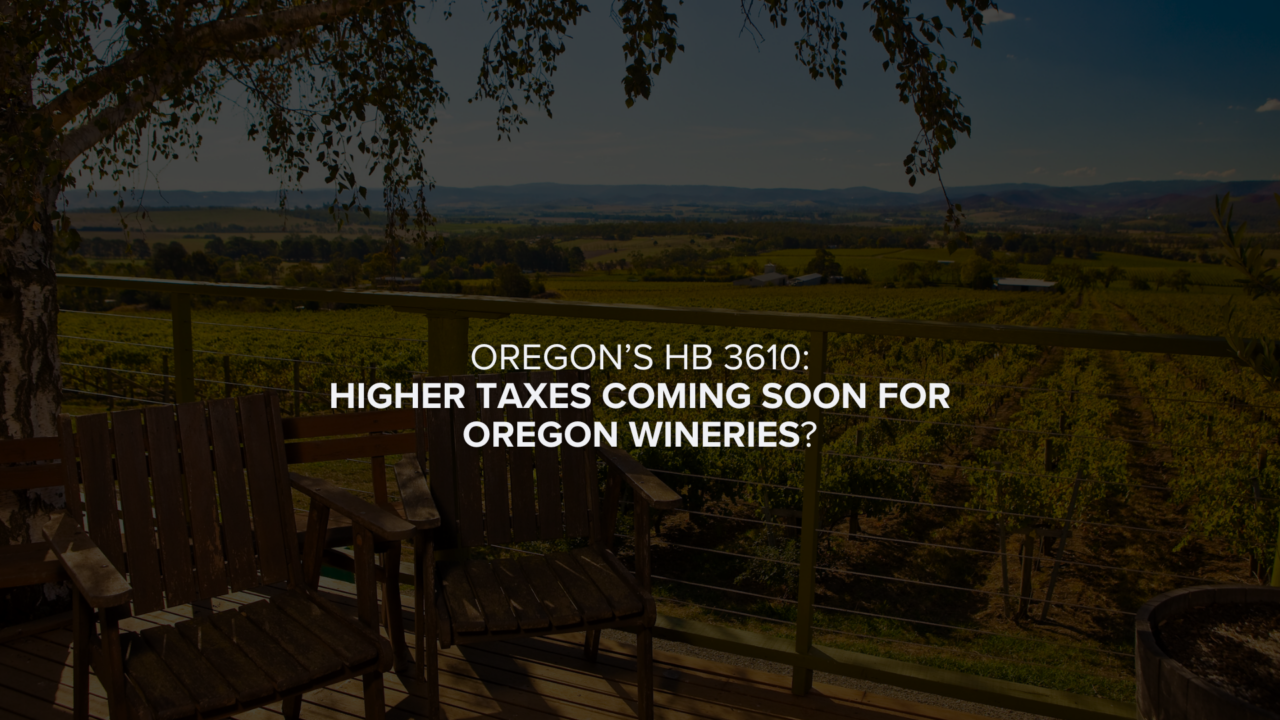Oregon’s House Bill 3610, also known as the Task Force on Alcohol Pricing and Addiction Services, is a pivotal legislative proposal that could reshape how alcohol in Oregon is taxed. As the state continues to grapple with addiction services funding, HB 3610 aims to evaluate and recommend adjustments to alcohol pricing, potentially leading to higher taxes for wineries.
What is HB 3610?
House Bill 3610 establishes a 20-person task force to explore alcohol pricing strategies and their effects on addiction services funding in Oregon. More specifically, to examine raising beer and wine taxes at the state level. The bill seeks to address the state’s increasing need for addiction recovery and prevention services by reviewing current alcohol taxation policies. However, many wineries strongly oppose this bill due for numerous reasons.
Objectives of HB 3610
- Evaluate Alcohol Pricing: Assess the existing alcohol pricing models and their sufficiency in supporting state-funded addiction services.
- Recommend Adjustments: Propose changes to alcohol taxes, considering implications for public health and economic impacts on the alcohol industry.
Implications for Wineries
- Higher Production Costs: If HB 3610 leads to increased taxes, wineries may face higher production costs, impacting their pricing strategies.
- Lack of Recognition of Impact: Wineries and Oregon wine boast a widespread impact on Oregon’s economy and identity.
- Economic Impact: Wineries, particularly smaller/family-owned ones, could experience major financial strain, potentially affecting employment and investment in the wine industry. Wineries have already experienced financial strain since the pandemic due to a decrease in wine consumption as a whole, natural disasters, higher employee costs, supply chain issues, and more.
How Wineries may Respond
- Advocacy and Lobbying: Oregon wineries are expected to engage in advocacy efforts to influence the task force’s recommendations and mitigate potential financial burdens.
- Adaptation Strategies: Wineries may need to explore innovative ways to offset potential cost increases, such as diversifying product lines or optimizing operational efficiency.
Overall…
HB 3610 represents a significant legislative initiative with potential repercussions for Oregon’s wineries. By understanding its objectives and preparing for possible outcomes, wineries can proactively address the challenges and opportunities that may arise from changes in alcohol taxation policies. To stay ahead of these implications before they hit hard, it’s imperative for wineries to meet with a Tax Professional.
If you or someone you know owns an Oregon winery, contact us ASAP to gain clarity and peace of mind as you navigate these confusing and ever-changing times.




